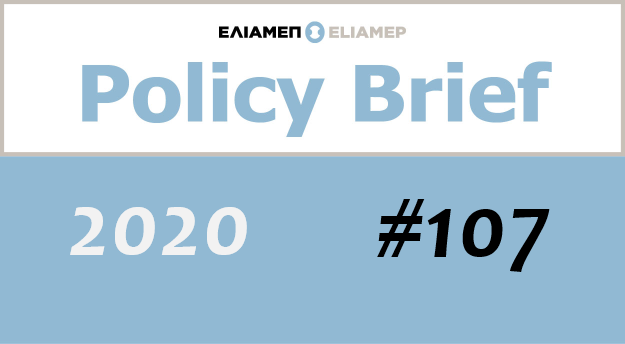The prospects of the Greek economy are mostly good with growth continuing for the fourth straight year. But there is a sense of disappointment, as the recovery has not been very strong and pre-crisis income levels will not be regained for another decade. There are two main reasons for the sluggish recovery: The European creditors have imposed on Greece the requirement to run a primary budget surplus of 3.5% of GDP for five years to ensure that they get repaid—a requirement that constricts growth of the Greek private sector—through heavy taxation of consumers and business. And domestic investment is sluggish, although there are plenty of unutilized resources, such as those provided by the European Structural Funds. There is a need for a new deal with the European Institutions: the Europeans should be more relaxed about getting repaid because of Greece’s much improved access to the European capital markets and be willing to accept a Greek government commitment to a significantly lower primary budget surplus for the next several years. In exchange the Greek government should commit to a commensurate increase in domestic investment through reforms of the banking sector as well as greater public sector investment spending.
You may find here the full text of this Policy Brief by Dr Constantine Michalopoulos, Senior Policy Advisor of ELIAMEP.



